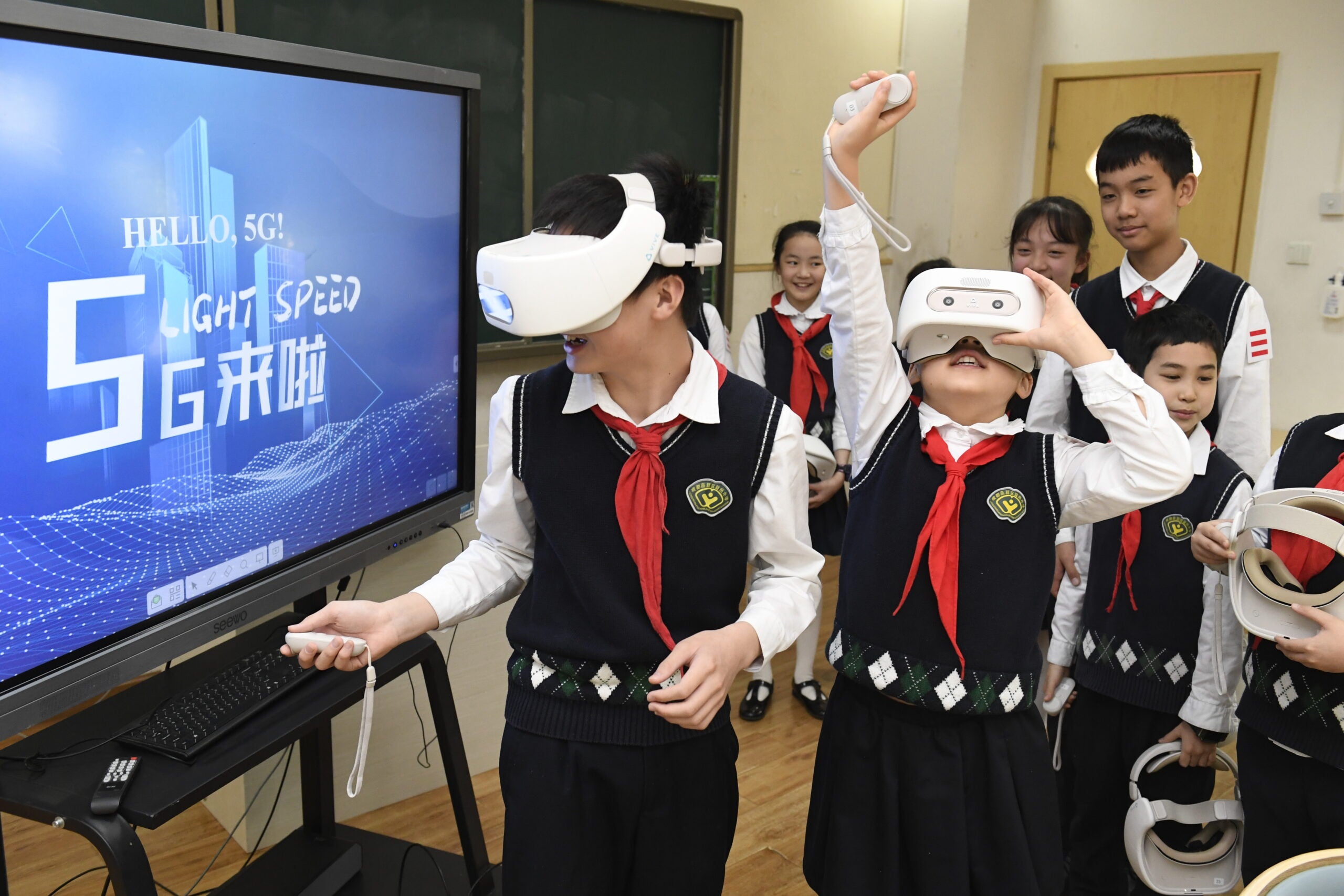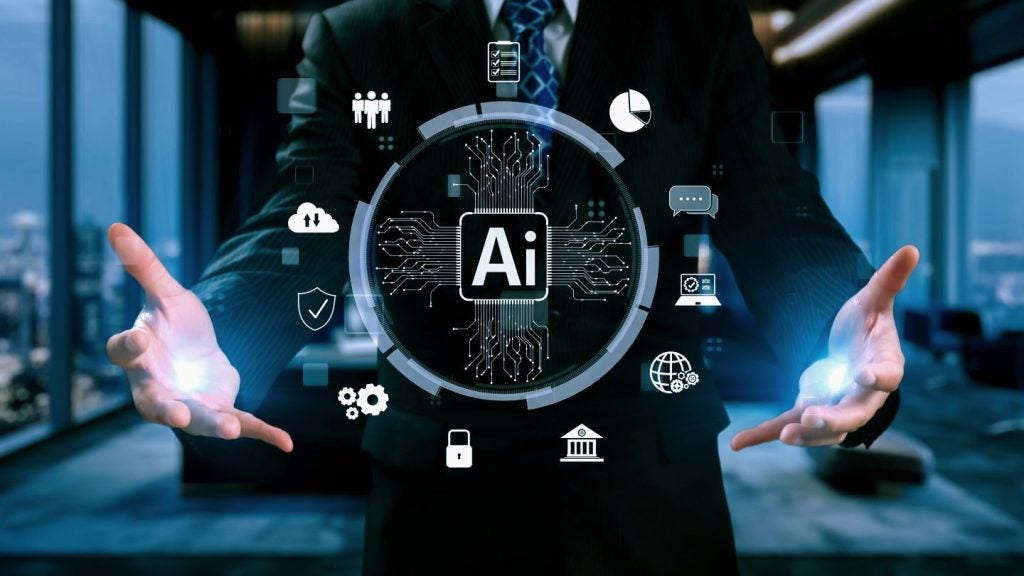
The future of edtech is in the metaverse as virtual reality (VR) and augmented reality (AR) become more commonplace.
These technologies offer an alternative medium of learning that can immerse and engage students in new ways, according to Rory Gopsill, thematic analyst at research firm GlobalData.
In a new podcast from the research firm, Gopsill predicted that there will be an increased demand for metaverse education as he expected learning to keep moving from the physical into the virtual classroom over the next few years.
“[Metaverse learning] marries the best of online and in person learning,” Gopsill says. “You get the flexibility of online learning, but you also retain that immersive quality of being in the classroom because it’s going to be recreated in virtual or augmented reality.”
A decrease in the price of VR and AR headsets means more teachers and students will be able to access the metaverse. Although, given Meta announced a $1,500 headset the other month, suggesting that these gadgets are still out of reach for many people.
The analyst suggested the edtech revolution has been made possible through improvements in global connectivity, courtesy of 5G and 6G networks to help make metaverse education, such as the metaversities Meta has sponsored, possible.
How well do you really know your competitors?
Access the most comprehensive Company Profiles on the market, powered by GlobalData. Save hours of research. Gain competitive edge.

Thank you!
Your download email will arrive shortly
Not ready to buy yet? Download a free sample
We are confident about the unique quality of our Company Profiles. However, we want you to make the most beneficial decision for your business, so we offer a free sample that you can download by submitting the below form
By GlobalDataArtificial intelligence (AI) could also play a part in metaverse education, by assisting students in accessing the metaverse in real time. AI could, for instance, be used to personalise the student’s learning experience by analysing their strengths and weaknesses. The technology could also help automatically detect mistakes and help students make corrections.
This follows news that the APAC region will become the largest edtech market globally by 2030. Gopsill says the region is already supported by an edtech ecosystem.
The APAC region is predicted to have 4.9 billion people living there, along with housing half of the world’s GDP housed, by 2030.
GlobalData is the parent company of Verdict and its sister publications.







